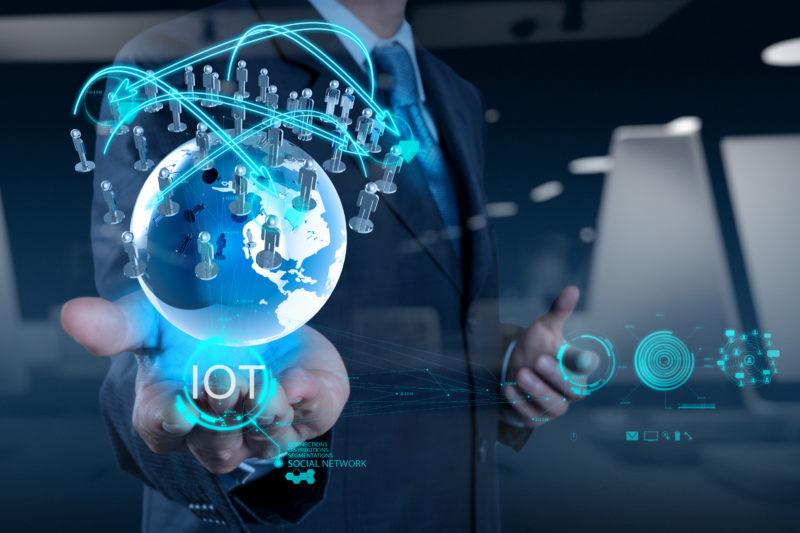There is no denying that the Internet of Things (IoT) has begun to change how we interact with technology. Anything that can be connected to the Internet, will be with the sole purpose of improving lives and business. Global predictions put the number of connected devices by 2020 at 30 billion. The developing world will hopefully hold a large portion of that. It’s estimated that there will 30 million connected devices in South Africa by 2020. This post will look at the different industries Internet of Things will affect in the coming years in South Africa.
Covered in this article:
IoT for Farming
Internet of Things has opened a vast amount of ways to make farming more productive. Smart farming sensors in soil and on livestock give 24/7 monitoring and an abundance of data. These sensors enable farmers to see their soil and crop health, machinery being used, storage conditions, animal behaviour and energy consumption. Vodacom’s Connected Farmer platform as an example will link thousands of smallholder farmers to the agriculture value chain.
IoT for Mining
Emerging technologies are set to change the way miners operate over the next decade. Internet of Things (IoT) is one of them, leading the way in bringing about positive change in the mining industry. IoT can help the mining industry through automation in the maintenance of machines, ensuring the safety of people and equipment, and move to predictive maintenance. Currently, mines in Australia are using IoT to monitor and process data in real-time from 7 different sites.
Manufacturing
Manufacturing is the biggest industry spender in IoT and is expected to be so until 2020. Manufacturing is the leader in this industry because of the 4th industrial revolution and it makes sense for manufacturers to use IoT to differentiate from competitors. It’s among others in this sense that the Internet of Things almost by definition is key for the manufacturing industry in an integrated approach, further including technologies such as big data analytics, cloud, robotics and, most importantly perhaps, the integration of IT.
Retail
In retail, a common denominator for not building IoT strategies is the infrastructure in place. Upgrading this is expensive, however, can lead to losses in the future if they do not prepare for it. IoT can be particularly disruptive to the retail industry mainly in customer experience, supply chain management, and new revenue streams. Retailers that take the lead in this space stand to gain an important advantage in an already competitive environment. Early adopters will be positioned to more quickly deliver IoT-enabled capabilities that can increase revenue, reduce costs and drive differentiated brand experience.
Business
IoT devices are going to have a big impact on how we do business. With IoT devices connecting consumers to the Internet in new ways, we will gather more interesting and important data to allow us to make even more informed decisions. n addition to instant gratification, technological evolution also tends to favour productivity and efficiency. The latest and greatest IoT developments will likely allow you and your workers to accomplish large-scale tasks faster and with greater precision, including data analysis and management.
Wildlife monitoring
Endangered animals (like the black rhino) are being given an ankle collar that is connected to the global IoT network and which relays movement and exact geolocation data back to anti-poaching teams.


